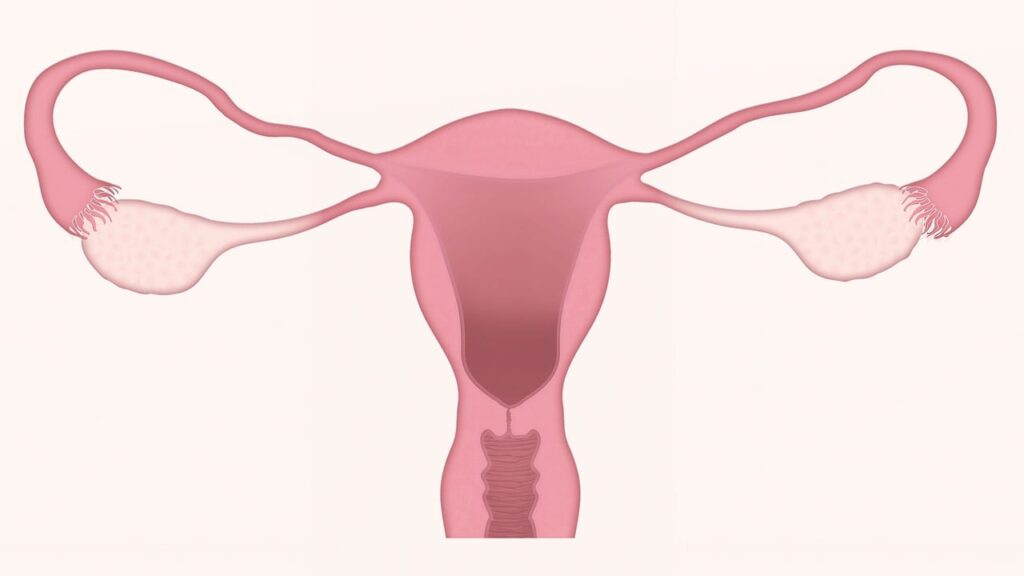As recently as 2021, our patients were would often say of menopause
“I wish my mother had told me about this”
“No one talks about menopause in my circles”
“Do you see other women having symptoms like this?”
“We were taught about puberty, why does no one teach about menopause?”
In just a few short years, things have rapidly changed, and menopause has become something of a hot topic in the media, social media and social circles.
Going back even further, there has been something of a roller-coster in perspectives around menopausal hormone therapy (MHT) and thus menopausal care in general over recent decades, not just in the lay arena but in the medical community.
Broadly speaking, there is awareness amongst the lay public that there has been much controversy and confusion around the risks associated with MHT, but not so much awareness, up until this point, about where this controversy comes from. The 2002 WHI study caused a huge impact around the world when it was pre-released to the media before it appeared in scientific journals, leading to the risks being quoted out of context and sensationalised in the media.
Retrospective insights from ERH Associates Endocrinologist Dr Megan Ogilvie:
“ When I was a junior doctor doing ward rounds in the 1990s, we were starting women who had had myocardial infarctions on hormone therapy whilst they were still in the coronary care unit. Hard to believe now! I was a registrar in 2002 when the WHI study was published and my boss came out of his office and walked down the corridor to my office (I happened to be the one he found) to express his amazement about the results of the study and his concern about the implications of this study for all parts of women’s health care. He had much more foresight than I did at the time – and he was absolutely correct. “
After the WHI study was released millions of women around the world stopped their MHT. SSRI antidepressant prescriptions soared. Soon, osteoporotic fracture rates were on the increase. And many women have since suffered severe menopausal symptoms, not knowing there were safe treatment options.
The ripple effects following the WHI study release also essentially lead to a whole generation of doctors missing out on training around menopausal care through medical school and general practitioner training. It is only now education is shifting again and doctors are starting to emerge from medical school with menopause awareness and training.
The ripple effect continues and has also meant that Pharmac (and other medical regulatory bodies in other countries) stopped funding some very useful forms of menopausal hormone therapy. This has enabled a niche for compounding pharmacies to make millions from “bioidentical hormones”.
It has taken a long time for objective re-reviews of the WHI data and data from further trials to filter through to give a more balanced view. It’s hard to believe the impact that leaking scientific results to the media could have had such a disastrous and lasting effect, but as some say “a lie is halfway around the world before the truth has got its pants on!”.
Where does that bring us to In 2023? We are now in an era of “let’’s talk about it”. “Lets break the taboos, lets talk about menopause, we can talk about its impact on brain fog, mood, vaginas, libido and sex”. It is wonderful that many women are now proactive about becoming informed about menopause, and seeking treatment options, and some are even seeking to prepare for perimenopause. The more informed women are, the more empowered they are to make health and wellbeing decisions that are right for them.
General practitioners are often the first port of call for women for information, assessment and monitoring around menopausal management, and rightly so. But the ERH group has also been approached by breast physicians and surgeons, gyaenaecologists, physiotherapists, dietitians, psychiatrists, psychologists, even corporations for information on how they can best support women through the menopausal transition. The cultural shift towards normalising the menopausal transition and supporting women through it is encouraging to see. How can we be prepared as a medical and professional community to support women empowered with this awareness?
Over the years the ERH group has done many menopause educational presentations. However, it’s hard to cover more than the tip of the iceberg and provide more than an introduction to menopause in this setting, and we can only reach a handful of attendees during these presentations.
So we decided it was time for a different approach! Our vision for our online resources was to make information and education about menopause and other endocrine topics much more accessible. We warmly invite you to share this website and the resources and blog articles on it with your patients and colleagues, and we hope it is of help. We will also be posting shorter bite-sized content including educational videos on our social media platforms (@erhassociatesnz on Instagram, Facebook, Twitter and LinkedIn) to raise awareness and stir conversations.
If you are interested in more in in-depth information including the data around the MHT controversy, how to safely prescribe MHT and when to refer to a specialist, (and even a strategy for how to get through a menopause consult when you only have 15 minutes!) you may be interested in our App-based course “Managing the Menopause” -a course for health practitioners.
Find out more

Comments +